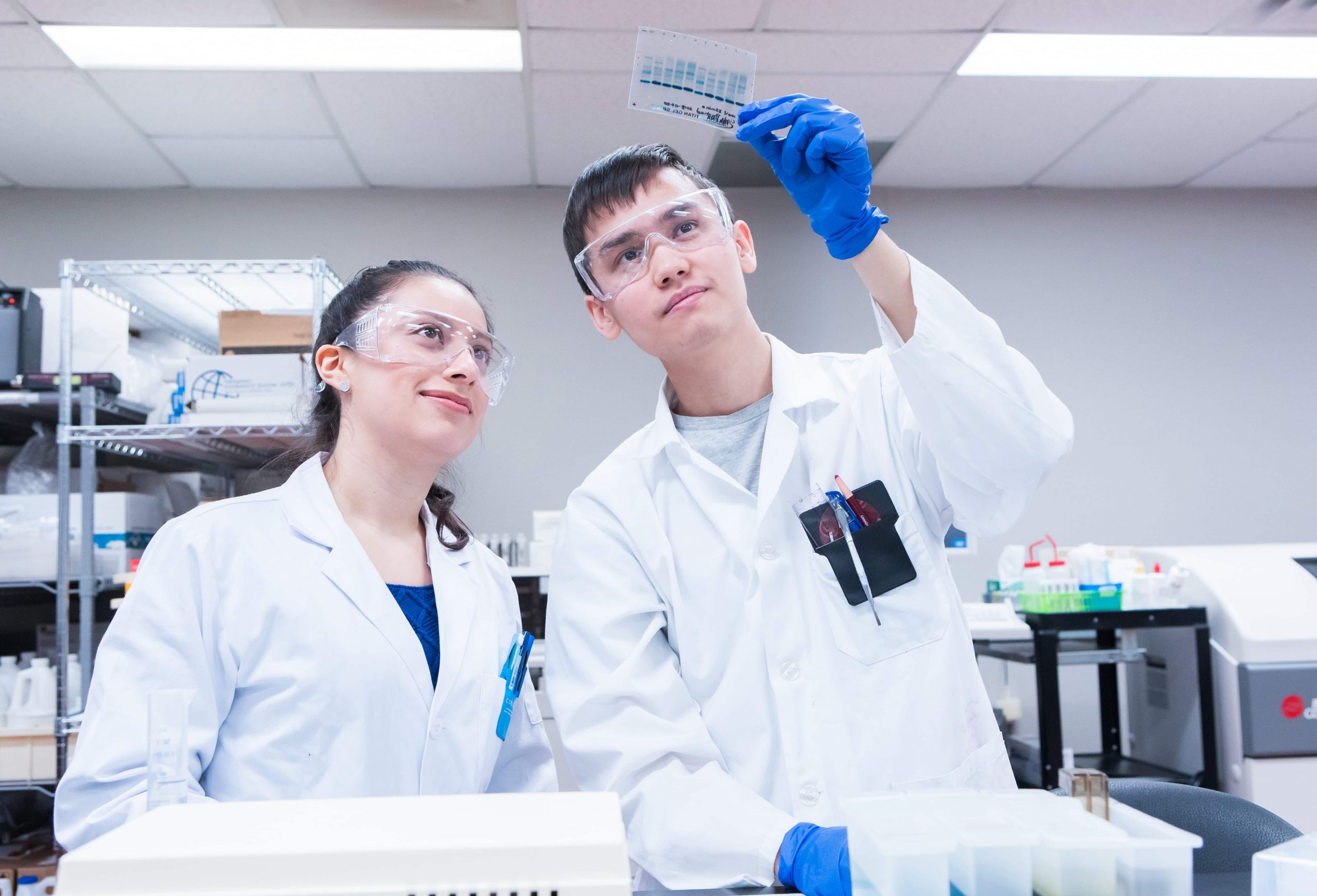I am looking to explore:
12-Lead ECG Interpretation
Learn to interpret 12-lead ECGs online at your own pace. Review anatomy, arrhythmias, and conduction blocks with expert guidance.
Open
WorkshopACLS Recertification and Basic Life Support Renewal Dual Certification
Refresh lifesaving skills with ACLS and BLS dual certification. Gain confidence in emergency response through an engaging in-person workshop.
Open
Full-TimeAcute Care Nursing Certificate Program
Advance acute care expertise with hybrid learning and clinical mentorship. Build confidence and skills for success in Level 2 ICU nursing practice.
Open
WorkshopAdult Physical Assessment – Virtual Sessions
Enhance assessment skills with a hands-on virtual workshop. Practice head-to-toe and focused assessments through interactive case simulations.
Open
WorkshopAdvanced Cardiac Life Support (ACLS) Completer
Enhance your ACLS skills with hands-on training in cardiac arrest, stroke and emergency management for critical care professionals.
WorkshopAdvanced Cardiac Life Support (ACLS) Recertification Completer
Build confidence in ACLS emergency response with practical training in cardiac arrest, stroke and resuscitation team dynamics.
WorkshopAdvanced Cardiovascular Life Support (ACLS)
Build confidence in lifesaving care with ACLS certification. Gain hands-on skills in managing emergencies and leading effective resuscitation teams.
Open
WorkshopAdvanced Cardiovascular Life Support (ACLS) Recertification
Renew your ACLS certification with hands-on training. Strengthen emergency response skills and lead resuscitation teams confidently.
Open
WorkshopAdvanced Cardiovascular Life Support for Experienced Provider
Enhance critical decision-making and team leadership in resuscitation. Practice advanced ACLS skills in a hands-on interactive workshop.
WorkshopAdvanced Cardiovascular Life Support Provider – Basic Life Support Renewal Dual Certification
Renew ACLS and BLS certification with hands-on training. Strengthen emergency response skills and lead resuscitation teams with confidence.
Open


